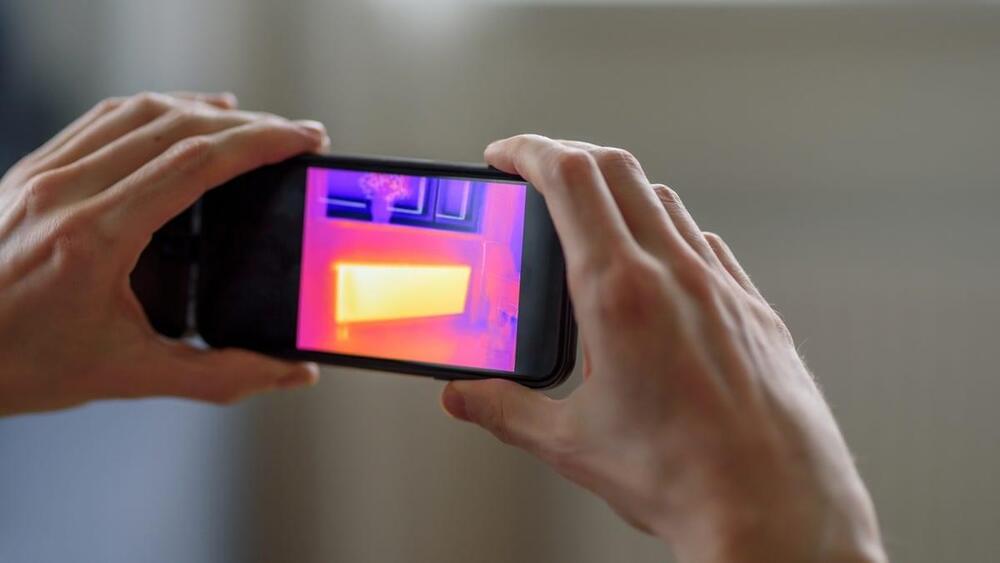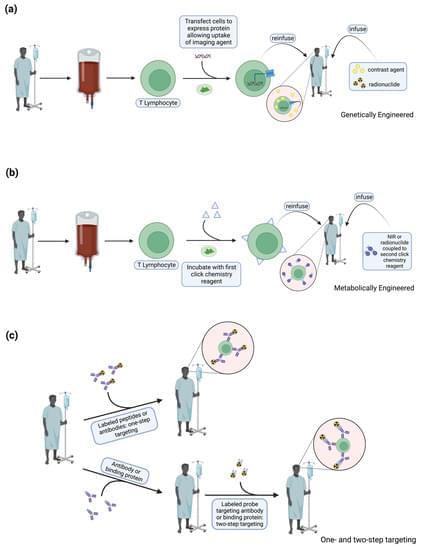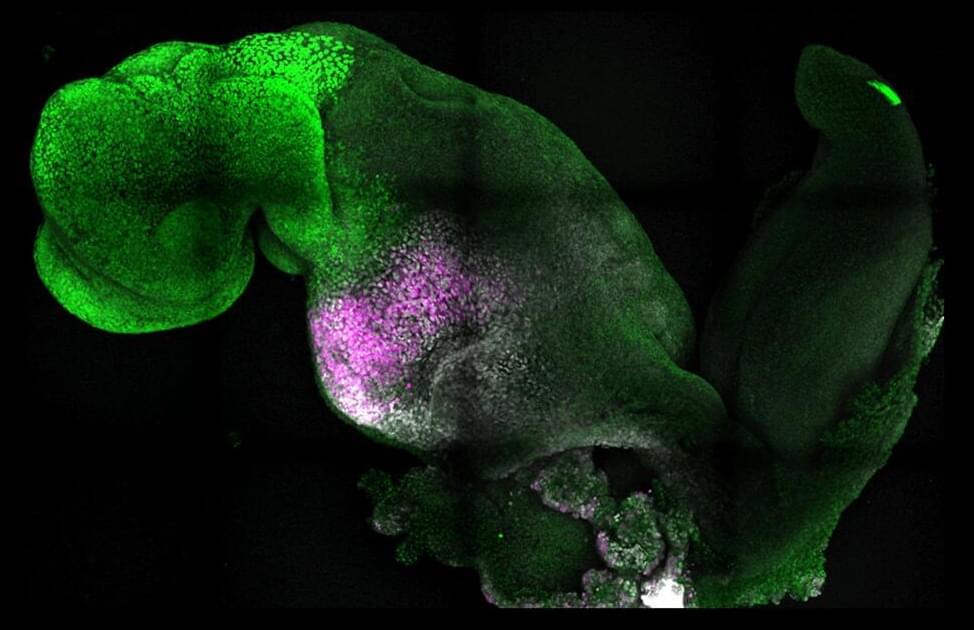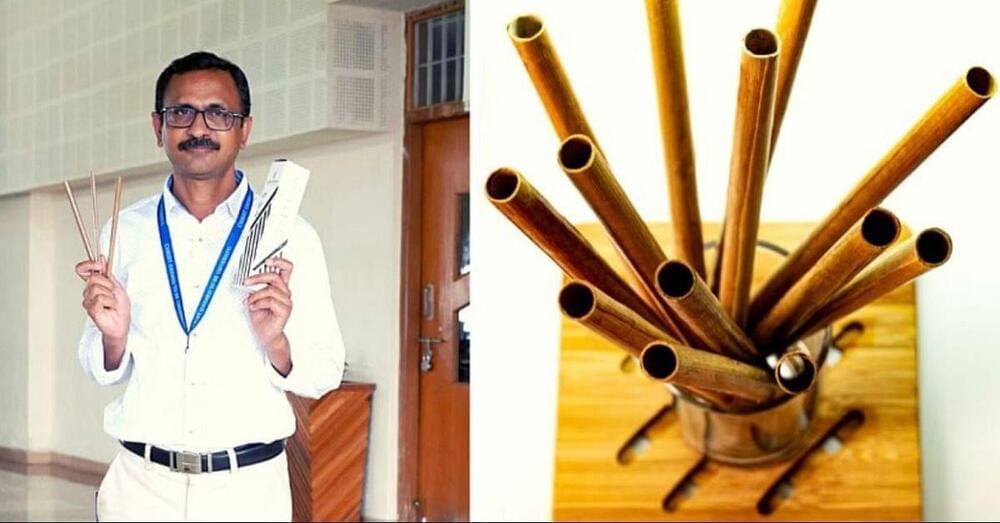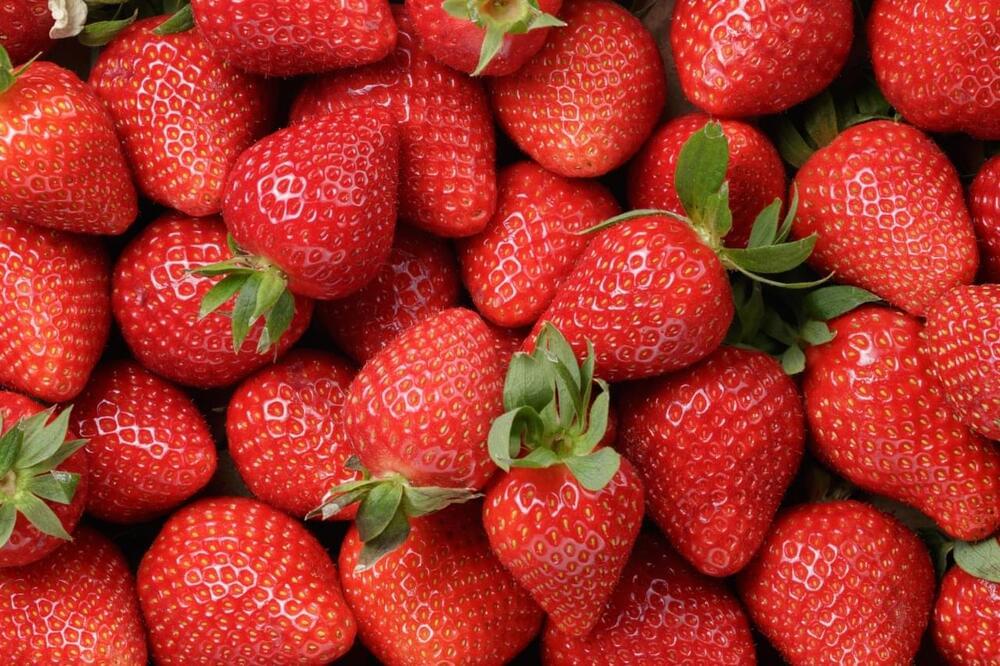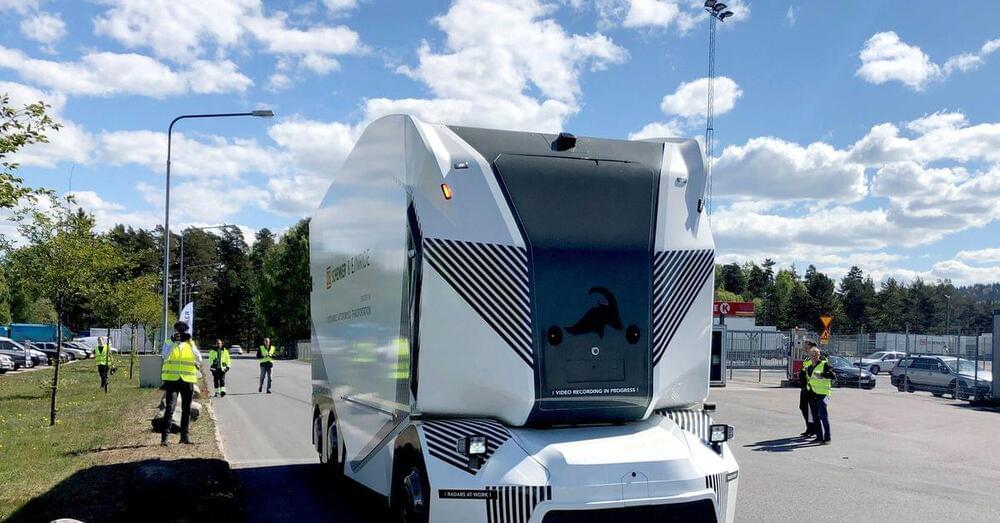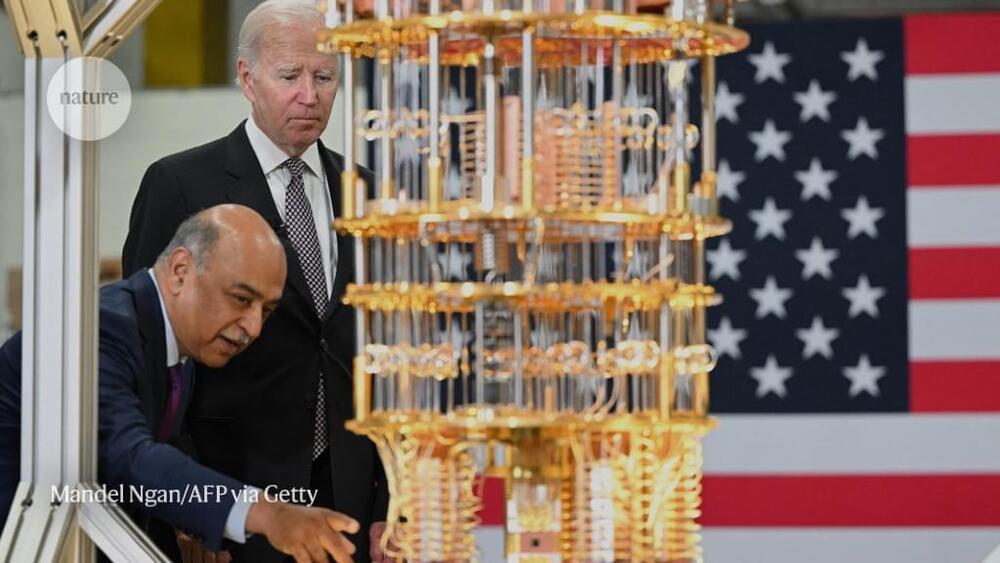Jun 15, 2023
Are smartphone thermal cameras sensitive enough to uncover PIN codes?
Posted by Omuterema Akhahenda in categories: electronics, mobile phones
I’ve found a lot of reasons – from finding components that are overheating (which can indicate faulty components), identifying overheating wires and connectors (which can indicate damaged wires or connectors), diagnosing issues with HVAC, find draughts at home, and much, much more.
Also: This $10 gadget is my favorite repair tool of all time
Continue reading “Are smartphone thermal cameras sensitive enough to uncover PIN codes?” »
